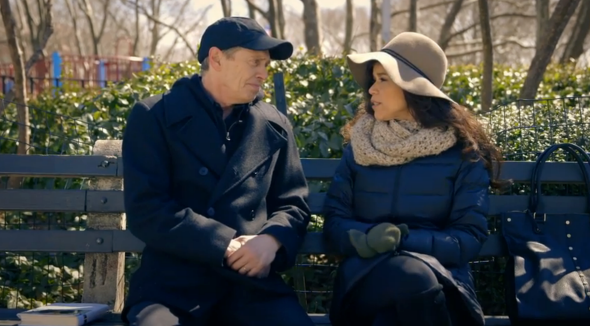Memories are powerful reminders of our history and can often shape our experiences in the future. Bad or traumatic memories however, can become traps that negatively affect us emotionally and physically. One of the things that has fascinated me while studying in the area of bio-psychology is not only how much our brain changes over time but also our memories. Very rarely are our memories as clear as we believe them to be.
A recent article I was reading discussed how our memories adapt over time. The article discusses a study that was published in The Journal of Neuroscience, where researchers specifically show how our memories can be faulty and can actually change each time we think about them. During a cognitive memory task, they illustrated how our brains can insert things from the present into memories of the past when those memories are retrieved.
One of the researchers, Donna Bridge compares our memory to the “telephone game” where someone whispers a message into someone’s ear and that person passes on the message until it reaches the last person. Usually the final message is radically different from the original message. Similarly each time we think of an old memory, our current mindsets or emotions can add to or change it slightly.
Can we use this phenomenon to our advantage?
Since we know that our current mindset becomes integrated into old memories, is it possible to make our bad memories more positive? I’m not suggesting that we should make up different facts within our memories, but instead, change how you interpret the event itself.
Here are 4 tips on using a positive mindset to change how we think about negative memories.
1. Relax: Practice meditation, or find a time where you feel deeply relaxed, then intentionally try to recall the bad memory. This will help you attach calmer feelings and establish some internal peace with the event.

2. See the “Whole Picture”: Remember that we are all human with inherent value. Our lives are filled with many different experiences, good and bad, each contributing to our own journeys.

3. Talk about it: Chat about the negative experience with a friend or counsellor. Other people may provide a different/positive perspective to your experience.

4. Move Forward: What has happened cannot be changed, forgiving others or ourselves can relieve a lot of negative attachment. Practice mindfulness and choose to focus on the present.

I hope you found some of these suggestions helpful and I hope you have an amazing start to the school year!
